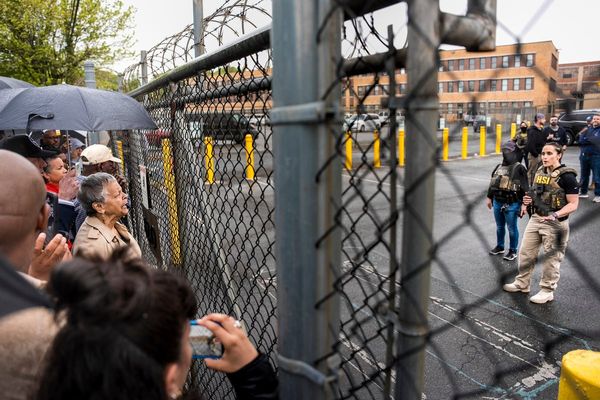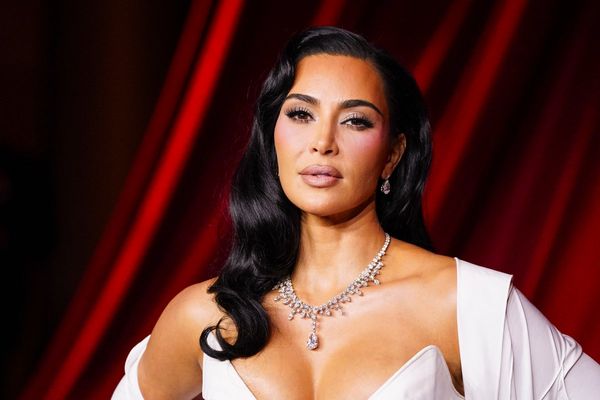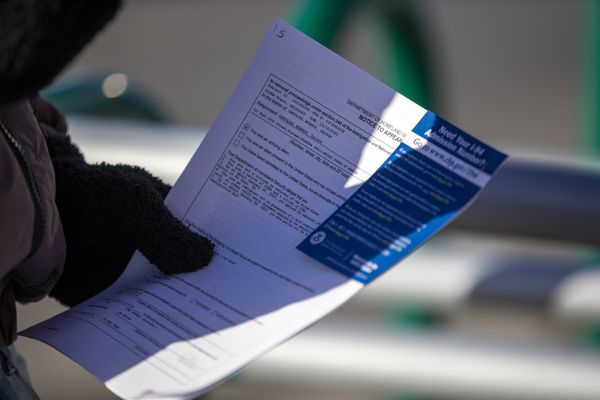
Tokyo (AFP) - Japan's central bank left its ultra-easy monetary policy unchanged on Friday in its last meeting before Governor Haruhiko Kuroda steps down and is replaced by economics professor Kazuo Ueda.
The Bank of Japan has steadfastly resisted tightening in recent months, even as peers in other developed economies have hiked rates to tackle inflation.
While most analysts expected the bank to stay the course in Kuroda's final policy decision, some had speculated about a surprise tweak.
But the bank left its longstanding negative interest rate in place and made no further adjustments to the band in which rates for 10-year government bonds fluctuate.
The decision came shortly after Japan's parliament approved Ueda as the BoJ's next governor, paving the way for the 71-year-old to take over in April.
At his final press conference as governor, Kuroda said it was "unfortunate" that the bank's longstanding target of sustained two-percent inflation had remained elusive, after years of stagnant wages and prices.
But he defended his record, saying he had "no regrets" and that prices had stopped falling during his tenure, after the deflation that plagued Japan from 1998 through 2012.
BoJ policymakers have insisted that the bank's inflation target -- considered necessary to turbocharge the world's third-largest economy -- has not yet been achieved.
Consumer prices hit 4.2 percent in January, driven by factors including higher fuel costs, but Kuroda has argued the rises are the result of temporary factors such as the war in Ukraine.
He wants to see evidence of more sustained rises, including salary increases, before adjusting the bank's policy.
Ueda told lawmakers last month that he saw the "continuation of monetary easing as appropriate", warning of uncertainty in financial markets and the global economy.
Current factors driving higher prices "will likely ebb in the future, and inflation in consumer prices will likely drop below two percent", he added.
'No longer in deflation'
Ueda has a PhD in economics from the Massachusetts Institute of Technology and is seen as a good communicator who prefers cautious reflection over abrupt action.
Kuroda, 78, will step down at the end of his second term on April 8, after a decade at the helm -- the longest-ever tenure for a Bank of Japan chief.
"The large-scale monetary easing, combined with various government policies, did have an impact on lifting the economy and prices," Kuroda told reporters.
"Our country is no longer in deflation," he added, lauding the creation of millions of jobs, including for women and the elderly.
Still, analysts say Ueda faces a tough job navigating a way forward for the BoJ, whose easy-money policies are viewed as unsustainable in the long term.
"While a policy change may not come any time soon, Japanese companies have already been preparing for an eventual shift, as shown by the high level of net cash they hold," said Hiroyuki Ueno, senior economist at SuMi TRUST.
Santa Zvaigzne-Sproge, head of investment advice at Conotoxia, said inflation fuelled by the strong US dollar and supply chain problems linked to the pandemic and the Ukraine war would make sudden rate hikes a risky prospect for the bank.
"The BoJ has no control over the appreciation of the US dollar and supply shortages, as these are external factors," she said.
"This means that raising interest rates at this time would not only have any noticeable effect on inflation but would also put additional pressure on Japanese companies."







